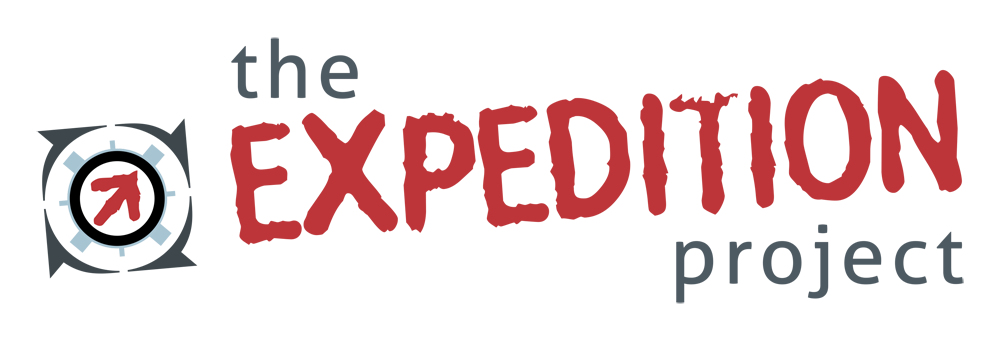The world in a take-away coffee cup
(Written in 2013 before the movement started taking shape)
Have you ever wondered what the ecological and anthropological costs are of our consumer decisions? Can a simple quick consumer decision shape our future? For example, do you know what the hidden financial and health costs are of all those take-away cups that deliver your morning caffeine fix? Put another way, did you realize that the world’s largest coffee chain served 2.3 billion cups of coffee in take-away cups last year, a number that keeps growing annually?
I understand that as the pace of life accelerates, we naturally look for corners we can cut painlessly. We seek speed and convenience. When budgets are strained, cheaper commercial products become popularised in the consumer marketplace. Inferior quality, less rigorous tested, unsustainable options become commonplace along with a mind-set that actively promotes short-term planning. Customization makes us feel like there are still some things we can control in the face of overwhelming uncertainty. The problem is that these small “wins” distract us from seeing the bigger picture. Instant gratification drives our decisions and long-term sustainability becomes about as relevant as the fairy tales of our childhoods. The industrial revolution may have led us to this point. It may have been inevitable, but it need not be defining.
As mentioned, the humble take-away coffee cup is a perfect illustration. In the hospitality industry, there is a growing trend of serving drinks in disposable cups even for sit-in customers, often with no alternatives. The establishments reason that it saves money on breakages and labour, allowing them to offer customers better prices. Some also claim that disposable cups make it easier to comply with health and safety regulations. Most customers simply accept this without question. In fact, an increasing number of patrons are demanding a take-away cup because they believe it keeps the drink hot for longer.
The irony is that disposable cups cost more than reusable cups in the long run. They are also environmentally unfriendly, both in the short and long term. Feeble attempts to greenwash the issue with a “recycle” or “water saving” mantra do nothing to solve the problem. While plastic and paper can both be recycled, these materials are bonded in disposable cups, creating an item that cannot be recycled easily. Furthermore, the plastic inner lining of the cup used to prevent leaking and maintain the integrity of the cup, when heated by a warm drink, may in fact help us ingest the chemicals used to make the plastic. Could the ultimate irony be that in trying to improve and our lives we are in fact cutting it short? So while we are trying to be economical in everything we do, we are in fact being highly uneconomical. Repeatedly.
But is a perfectly recyclable or even biodegradable cup the answer? I think not. It would still fail to address the underlying issue of unconscious consumption. Most foods are over-packaged in materials that are harmful to the very environment that sustains food production. One-use and disposable products are presented as hygienic and economical lifestyle solutions, but they often pollute the air we breathe and the water we drink; all while rewarding us with medical bills for our trouble.
So as our waste is shipped away on barges quickly out of sight soon to create colourful plastic filled islands, we can sleep better at night knowing that we saved a few minutes of our day.
It’s true too that very little is said about the chemicals involved in mass production and their role in the frightening increase of dreaded diseases like cancer. As consumers, we consistently believe we are being presented with options that put us in charge, but we are not given all the information. Choosing between a take-away cup and a reusable one seems almost too simple to give it much thought. But if it should be revealed that the disposable cup is manufactured with chemicals that poison your drinking water, “convenience” becomes relative. Cancer is terribly inconvenient, by all accounts.
There is, however, an exciting solution. An opportunity. A chance to redesign not just our products, but our mentality. Because before we can even get to the high ideals of “reduce, reuse, recycle”, a paradigm shift needs to happen on a much deeper level. We need to reconsider our entire consumer process. The thought pattern that drives unconscious consumption must change. There is in fact a step before the famous three R’s. And it is the most important ‘R’ of all.
RETHINK is a simple philosophy that puts the consumer at the leading edge of transformation. We could hope for changes in legislation or rely on companies to do the right thing, or step up to the plate ourselves. Instead of blaming capitalism for the world’s woes, we could use the power that it puts into consumers’ hands as a force for change. Supply and demand still makes the world go around, after all.
We can no longer think along the lines that our individual impact has little significance. As the take-away coffee cup has shown, this lifestyle choice is impacting on a massive scale not only in the case of pointless waste but by fuelling a society filled with self-interest rather than sustainable creative ingenuity.
The disposable coffee cup is one example of many. This is not about the take-away cup. This is about us. Although it may seem like a disposable take-away cup is a solution in itself, it is in fact a damaging mentality. The solution therefore lies in the philosophy. The mentality change that strikes us at our next consumer decision. Can I take a reusable cup with me? Can I take a reusable bag when I go shopping (and not just for food)? Do I know the origins of my clothes and how they are manufactured? What is the process that gets my food on my table? Can I buy local products rather than have them shipped from across the world? Do my cleaning products at home contain chemicals harmful to my family? Do my toiletries involve unnecessary animal testing when alternatives are available?
Do not be fooled that the bigger the corporation, the safer or more ethical. Question your lifestyle. Question the products you buy and the suppliers you use. Plan your day. It will be worth it. And soon it will be unconscious. Are we brave enough to refuse a product or service based on our new ideals? I think we are. I do not think for a minute that we do not care, or that there are more important things to worry about, and that we are in fact the most selfish of species. It is the opposite. We simply need reminding every now and again. It is time for reinvention. As small as the coffee cup decision may seem, it has led to powerful shift leading us down a road we do not want to travel.
RETHINK is about making consumer decisions based on a bigger picture to benefit you and everyone around you. If we change the way we buy, we will change the way we sell. By re-evaluating your consumerism, you can change the world for the better.
By Roger Wynne & Renee De Wet 2013




Leave a Reply
You must be logged in to post a comment.